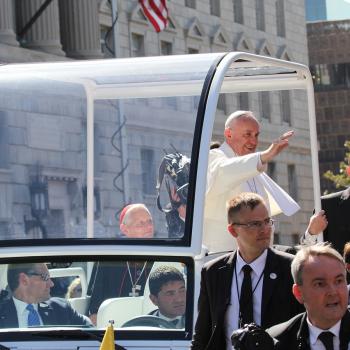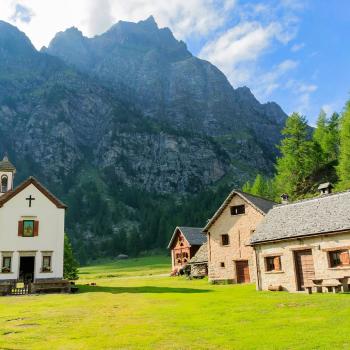In the minds of a growing number of socially conservative intellectuals, classical liberalism—and, for that matter, constitutional republicanism—is beyond repair. A flurry of recent books like Rod Dreher’s The Benedict Option, Ryszard Legutko’s The Demon in Democracy, Anthony Esolen’s Out of the Ashes, Charles Chaput’s Strangers in a Strange Land, and Patrick Deneen’s Why Liberalism Failed (as well as Mark Mitchell’s forthcoming volume along similar lines) has, both explicitly and implicitly, called the sustainability of the current political order into... Read more















